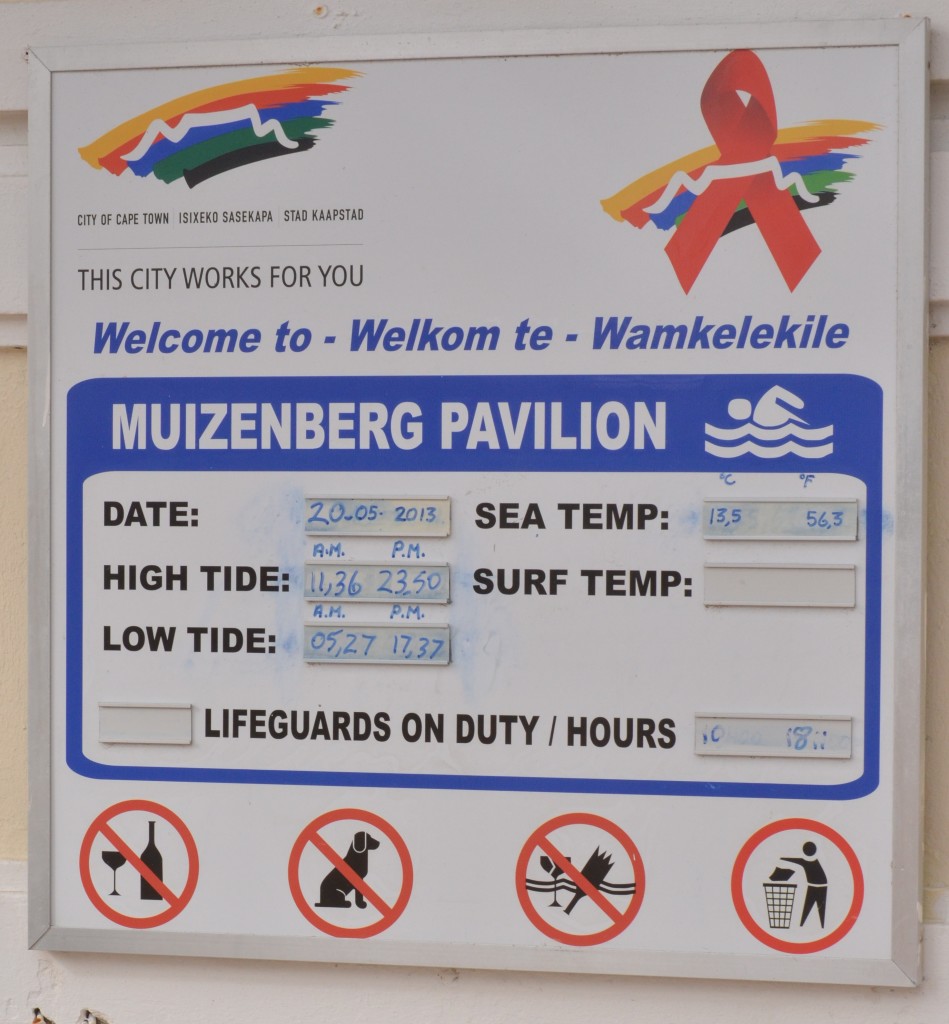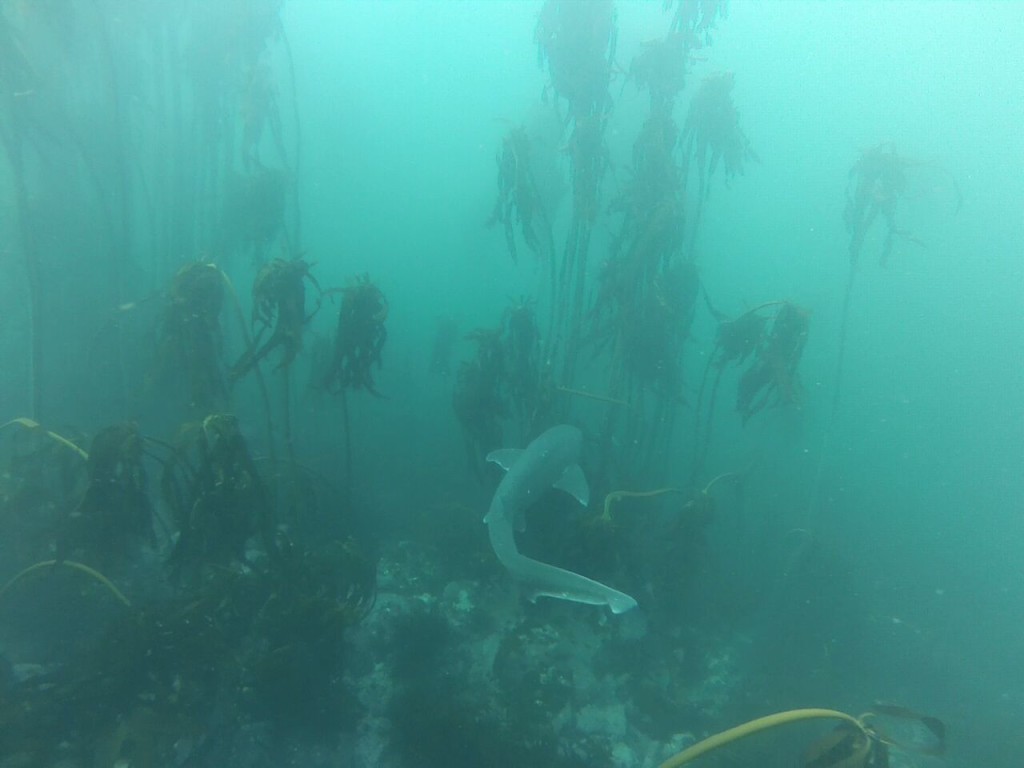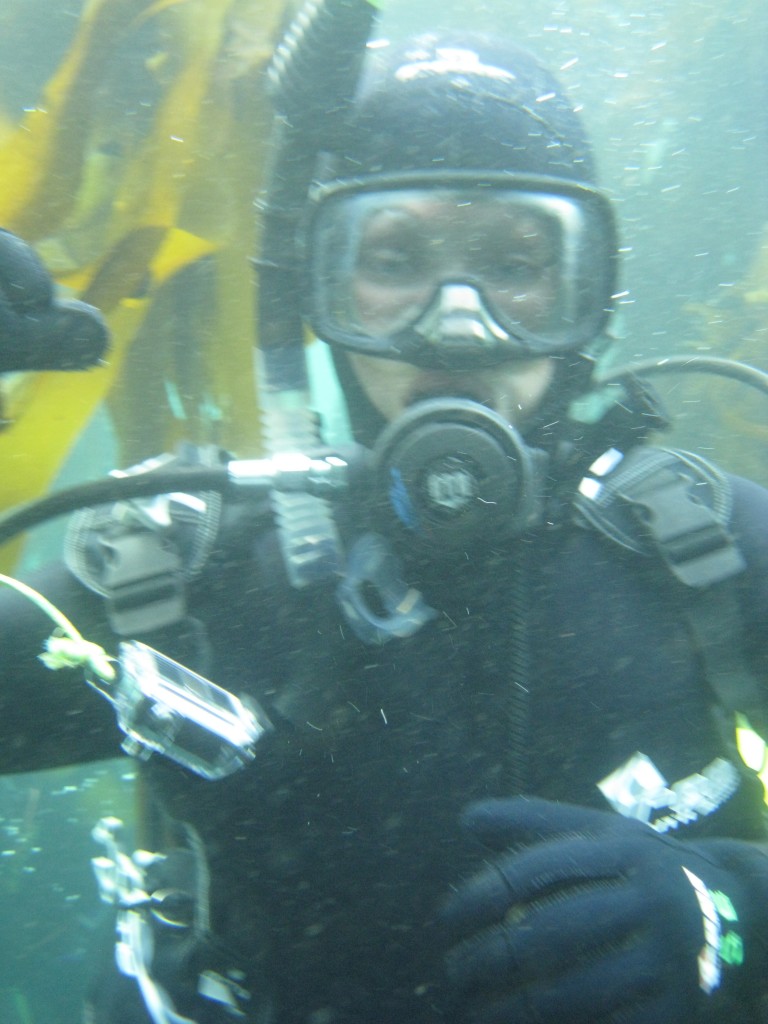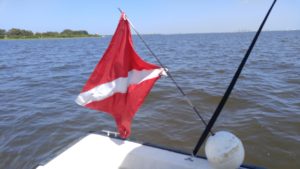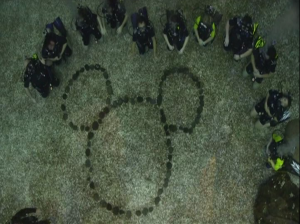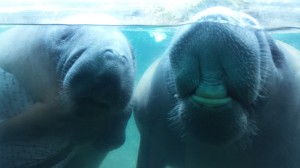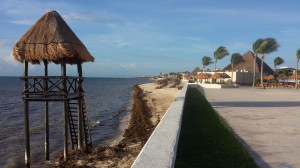Maybe I shouldn’t be writing this post since I have already confessed to being a warm water wuss, but I feel like I should present the other side of the coin. I have dove in cold water before and there are still cold water dives that I want to do. So please don’t take this as the gospel; it is simply my perspective…and honestly, how much does a Florida girl know about cold water.
My Experience
When I signed up to go diving in South Africa in May 2013, it was easy to forget that the southern hemisphere’s season are the opposite of what I am used to. This trip was my first venture south of the equator and it wasn’t until our pre-trip meeting, a couple weeks before departure, that I learned that May would be early winter.
Over the course of the three days spent diving the water never peaked above 58 F/14.5 C, chilling regardless of the hotel doorman’s smiling affirmation of how “nice” the water was for the season. The back roll off of the boat was reflex, but the air froze in my lungs as I hit the water and it began to seep into my rented 7mm wetsuit. I instantly began to question what I had been thinking; dropping my hard earned money to freeze. I tried to will my body to superheat the water held in by the wetsuit (and seriously contemplated alternative means to warm it). Once my mind overcame the cold, my eyes could see the wondrous under sea landscape that can only be experienced in colder waters. Between sharks swimming past, kelp swaying in the currents, and energetic sea lions frolicking around me it was easy to forget my numb nose and freezing lips when it came time to splash in again.
I have also had chillier dives around Florida. For these dives, I layer my 2.5 mm with my dad’s 3 mm wetsuit, rather than buy a 5 or 7 mm wetsuit which would only get used maybe once or twice a year at best. It is bulky, and I admittedly look stupid, but it provides enough insulation to keep me comfortable through multiple dives.
Cold water dives that tempt this wuss
- Number one on my list of MUST DO cold water dives is Silfra. Diving between the European and North American tectonic plates; yes please. Clear blue water and the opportunity to do it under the “midnight sun” of Iceland, yes again. Ice cold water; umm…thank goodness for drysuits!
- I have also read about an opportunity to dive an iceberg. I do not know how exciting this would really be but I see how it could be a thrill. The geek in me is curious to experience the halocline (change in salinity) that occurs as you get closer to the iceberg, moving from the salty ocean water into the layer of fresh water melting off of the iceberg.
- I would dive kelp forests again in heart beat. It is like swimming through a Dr. Seuss story and I am a sucker for whimsy.
- The owner of a dive shop I frequent wants to dive Antarctica. While I would love to visit and the thought definitely intrigues me; the thought of ice diving, even with proper training and experience, makes me very nervous. But the variety of life that cannot be seen on a reef, or even on most other cold water dives, is alluring. We will see if I ever get the nerve for this one, but it would most certainly be a gem in the log book!
Things to consider before you go
Exposure suit
- Wetsuits come in a variety of thicknesses. Warmth is provided by body heat warming a layer of water held in by the suit. This is the standard exposure suit for most recreational divers.
- Drysuits work much like wetsuits except it is a layer of air that is providing the insulation and are suggested for dives in water below 65 F/18 C. The divers face, hands, and feet will still get wet. Drysuit diving is a specialty that is on my radar and I’ve noticed a growing popularity of drysuits. I know of a divemaster that always dives in a drysuit, even it the summer in Florida.
- Semi-drysuits are basically a thicker wetsuit (>7mm) with better seals to prevent cold water from seeping in at the wrist, neckline, ankles, and zip.
- A hood, gloves, and booties are a must for comfort and safety when diving in cold waters.
- Remember that the extra thickness of the wetsuit, or the added air of the drysuit, will increase bouyancy and extra weight will need to be worn
Your gear vs rented gear
- Temperature affects the draw of a regulator. This is why I did not use my regulator in South Africa. It does not have the hardware to allow for easy breathing at cold temperatures, and being in Florida I do not typically need it so it was worth it for me to rent. If you live up north, or plan to do a lot of cold water diving then it might be a good idea to invest in a good cold water regulator.
Have you had a cold water experience? Did I miss an awesome cold water experience?


